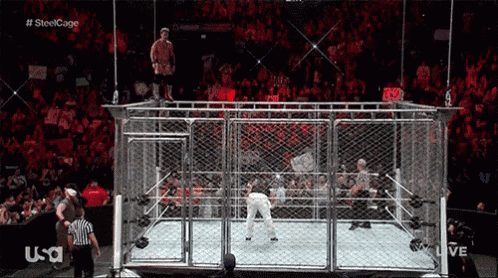If you mean "roll 1d20 + modifiers vs DC" then you're missing everything that makes it D&D and D&D 5E with that kind of reductive presentation.
Tends to be the rub with a game thats billed as the Do Anything game, and is more often than not, played in precisely that way.
Content doesn't actually matter, even when its rules.
And I wouldn't be so hasty at calling my assessment reductive. It is a very carefully considered conclusion, and not one thats ignoring all the parts you think are being ignored.
Each new spell, race, sub-class, background, monster or magic item, expands the rules systems, making the game "heavier."
And if the game can be played without any of them, you then have to assess what actually matters.
When a game is designed through a lot of Content that is self-contained and isolated from everything else, none of those things
can matter, because they don't affect anything other than themselves.
Also has to be said that efficiency matters for a lot too, and arguably much more so than just the amount of content or rules in a game. 5e benefits greatly (in the same way a game like PF2E does, in fact) from the simple design direction that limits how much of the game you actually have to engage with at any given point.
They just tend to also suffer because they don't make that obvious, creating an artificial barrier to learning as people become daunted by the great pile of books to read that they only need to read less than 1% of, if that, to just play.
Not a problem limited to just these games, to be clear. Most, arguably all, TTRPGs have that issue, precisely because they have created this illusion that rules and content are the same thing, when they're not and shouldn't be.



